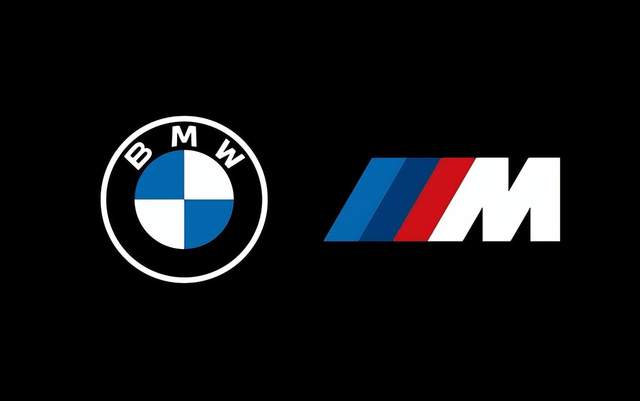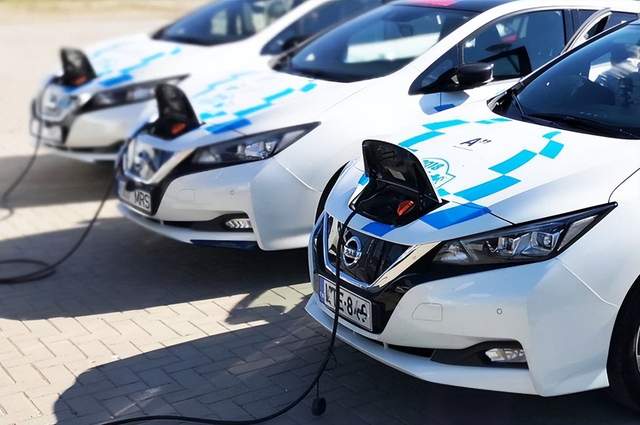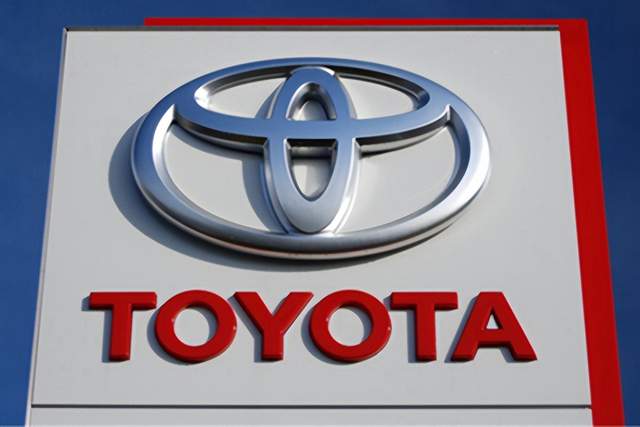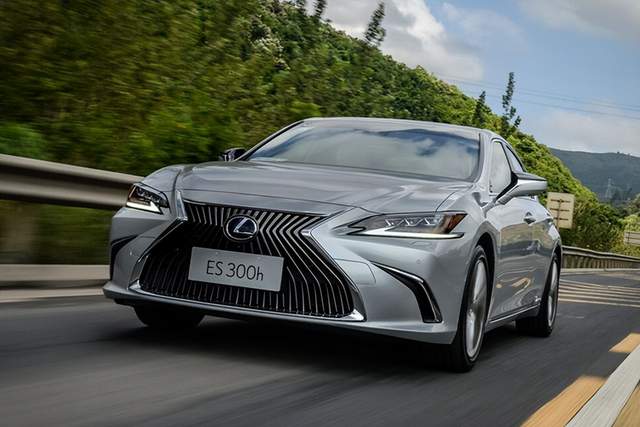Foreign Automaker Witnesses Declining Sales in China Amidst Overseas Growth
![]() 01/19 2025
01/19 2025
![]() 481
481
The sales figures for 2024 from BBA have been unveiled, and naturally, domestic media have been abuzz with pessimistic reports. However, upon closer inspection of these data, a different narrative emerges: the decline is not as drastic as portrayed. While sales in the Chinese market have taken a dip, those in overseas markets have continued to show growth.

BMW's released data indicates a 4% year-on-year decrease in global sales, with 2.4508 million vehicles sold. In the Chinese market, sales amounted to 714,500 vehicles, marking a 13.4% year-on-year decline.
Upon analysis, it becomes clear that BMW's sales in China fell by 110,600 vehicles in 2024, while global sales decreased by 102,100 vehicles. This suggests that in markets outside China, BMW's sales actually increased by 8,500 vehicles.
This is not an isolated case among foreign automakers. Toyota, another global giant often downplayed by Chinese media, has also faced negative headlines in China, painting a picture of impending collapse. However, recent automotive sales data reveal that excluding the Chinese market, Toyota's sales continue to grow steadily.

The primary factor behind the decline in foreign car sales in China is the rapid development of new energy vehicles (NEVs). Since 2020, NEVs have surged ahead, accounting for over 30% of the new car market in 2023 and exceeding 50% in 2024.
Among the top ten NEV sellers in the domestic market, all are domestic automakers except Tesla. This underscores the leap forward enabled by NEVs for domestic automakers.
Conversely, the adoption of NEVs outside China is much slower. In 2024, the electric vehicle penetration rate in the European market was approximately 20%, and in the US market, where Tesla, the pioneer of electric vehicles, dominates, the penetration rate was a mere 7%. In fact, over 60% of global NEV sales in 2023 occurred in the Chinese market.
As a result, foreign automakers are feeling the squeeze from NEVs in China but continue to thrive in overseas markets due to their technological advantages in fuel vehicles. Notably, the auto industry in 2024 showed favorable signs for Japanese fuel vehicles.

The German market, a key player in Europe, is increasingly embracing Japan's fuel-efficient hybrid technology. Of the cars sold in Germany, 38% are hybrids, with over 80% being Japanese fuel-efficient hybrids, and plug-in hybrids accounting for just over 10% of hybrid models. Similarly, the US market has warmly welcomed Toyota's fuel-efficient hybrids, leading to a significant increase in sales, which contributed to a 14% boost in Toyota's US sales in the first half of 2024.
Recognizing that fuel vehicles still dominate overseas markets, China's Ministry of Industry and Information Technology reported in the second half of 2024 that it will continue to support the development of fuel vehicles. This is significant as fuel vehicles account for over 80% of China's auto exports. Notably, fuel vehicle exports increased by over 20% in Q3 2024, while NEV exports unexpectedly declined.
Within the domestic market, fuel vehicles have also experienced a resurgence. Since November 2024, the proportion of fuel vehicles in the new car market has been steadily rising, surpassing 60% by the second week of this year. Concurrently, NEVs have faced a sudden and severe setback.

This reality could prove to be a major positive for foreign automakers, particularly Japanese automakers specializing in fuel-efficient hybrids, which may also experience a leap forward in the Chinese market. In response, Toyota has announced plans to build an independent factory in Shanghai dedicated to producing Lexus vehicles with a focus on fuel-efficient hybrid technology. This strategic move aims to counter the rise of NEVs with Toyota's world-leading fuel-efficient hybrid technology.








